The sun-drenched beaches and picturesque cliffs of Portugal’s Algarve region have long been a magnet for tourists, drawing millions each year to its golden shores. Yet beneath the postcard-perfect scenery lies a growing crisis—one that threatens the very foundation of the area’s booming hospitality industry. Severe water shortages have pushed local authorities to impose strict limitations on new hotel constructions, a move that underscores the precarious balance between tourism growth and environmental sustainability.
For decades, the Algarve has relied on its reputation as a premier holiday destination, with hotels, resorts, and vacation rentals multiplying to accommodate ever-increasing visitor numbers. However, the region’s water resources, strained by years of below-average rainfall and over-extraction, are nearing a breaking point. Reservoirs sit at critically low levels, and agricultural sectors have already faced stringent rationing. Now, the government has turned its attention to the tourism industry, which accounts for a significant portion of water consumption.
The decision to curb new hotel projects has sparked heated debate. Proponents argue that the measure is long overdue, citing the unsustainable strain on water supplies caused by unchecked development. Environmental groups have applauded the move, emphasizing that climate change is exacerbating droughts and that immediate action is necessary to prevent irreversible damage. On the other hand, business leaders and developers warn of economic repercussions, pointing to the Algarve’s heavy reliance on tourism revenue and the potential loss of jobs if growth is stifled.
Local residents, caught in the middle, express mixed feelings. While many acknowledge the urgent need to conserve water, others fear that restrictions on tourism infrastructure could lead to higher prices for existing accommodations, pricing out budget travelers and altering the character of the region. Small businesses, from family-run restaurants to tour operators, worry about a domino effect if visitor numbers plateau or decline due to limited lodging options.
Experts suggest that the solution may lie in a combination of short-term restrictions and long-term investments in water management. Desalination plants, wastewater recycling, and more efficient irrigation systems have been proposed as potential remedies, though such projects require significant funding and time to implement. Meanwhile, some hoteliers are taking matters into their own hands by adopting water-saving technologies, such as low-flow fixtures and greywater reuse systems, to reduce their environmental footprint.
The Algarve’s predicament is not unique. Across the Mediterranean, popular tourist destinations from Spain to Greece are grappling with similar challenges as climate change intensifies water scarcity. The region’s experience serves as a cautionary tale for other areas where tourism growth has outpaced infrastructure and resource capacity. Without proactive measures, the very attractions that draw visitors—pristine beaches, lush golf courses, and vibrant local culture—could be jeopardized.
As the Algarve navigates this critical juncture, the broader question looms: Can the tourism industry adapt to a future where environmental limits dictate growth? The answer may determine not only the fate of Portugal’s southern coast but also set a precedent for how other water-stressed destinations manage the delicate interplay between economic prosperity and ecological preservation.

By Megan Clark/Apr 11, 2025

By John Smith/Apr 11, 2025
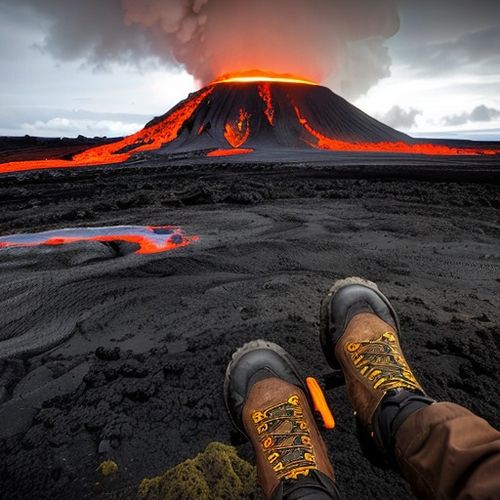
By James Moore/Apr 11, 2025
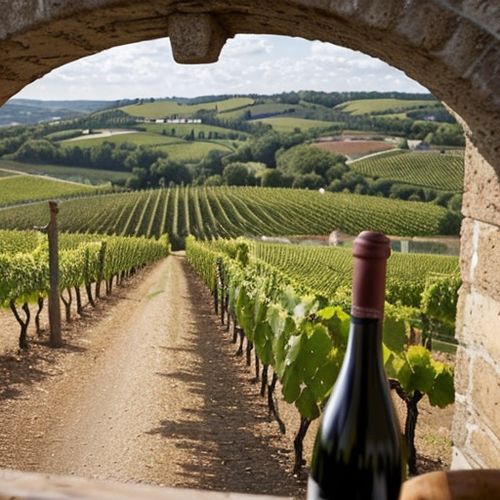
By Victoria Gonzalez/Apr 11, 2025

By John Smith/Apr 11, 2025
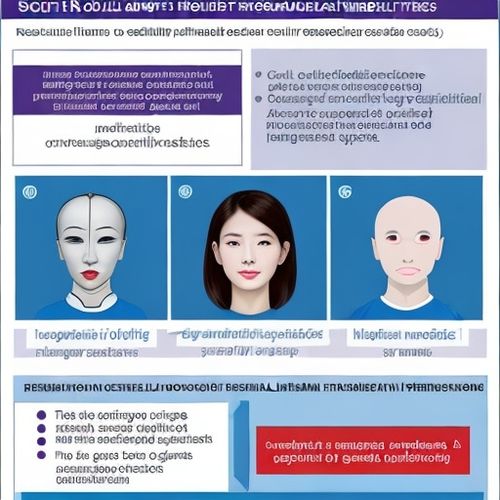
By Rebecca Stewart/Apr 11, 2025
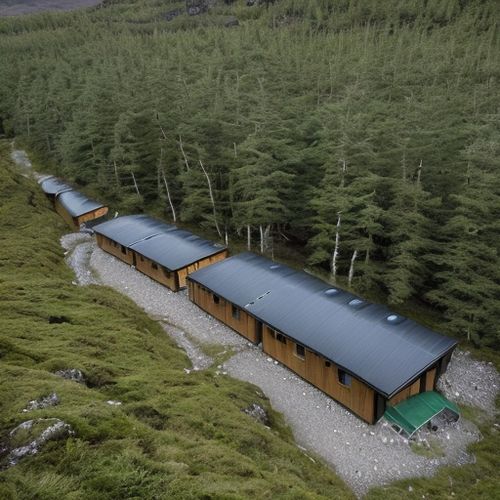
By Megan Clark/Apr 11, 2025
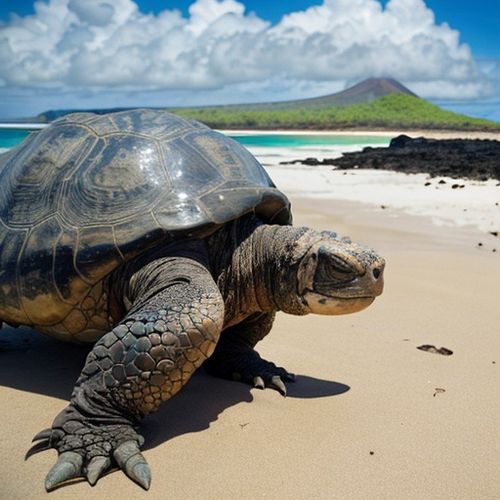
By John Smith/Apr 11, 2025
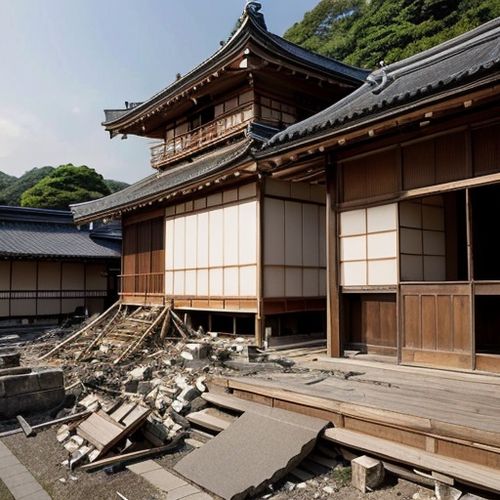
By Ryan Martin/Apr 11, 2025

By Samuel Cooper/Apr 11, 2025
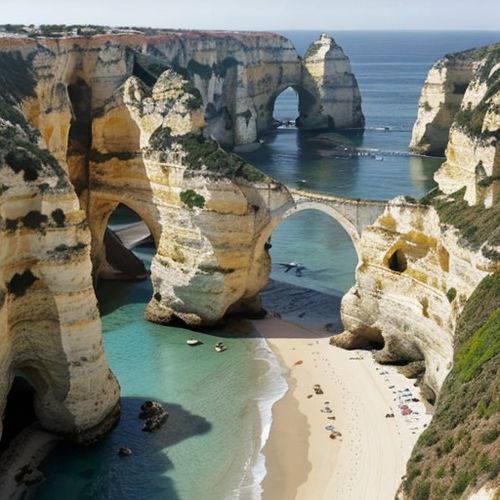
By Emily Johnson/Apr 11, 2025

By James Moore/Apr 11, 2025
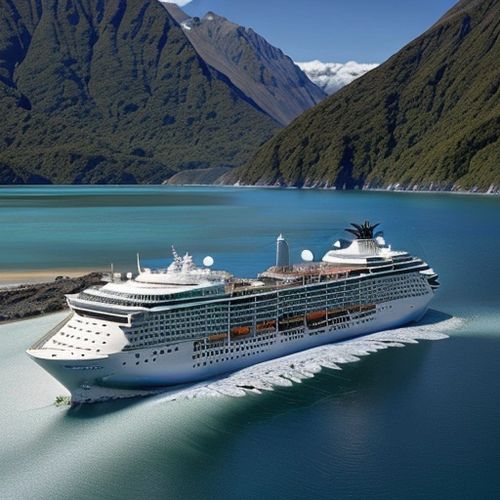
By David Anderson/Apr 11, 2025
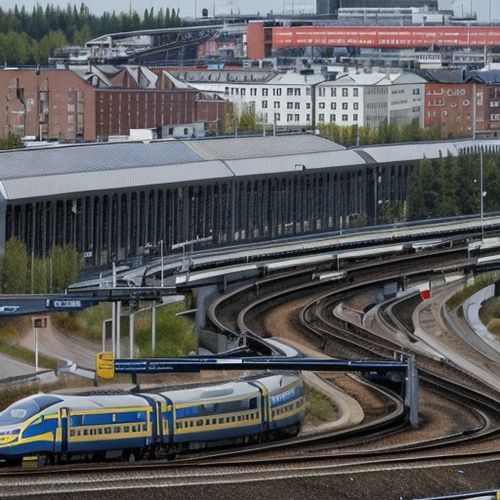
By Ryan Martin/Apr 11, 2025
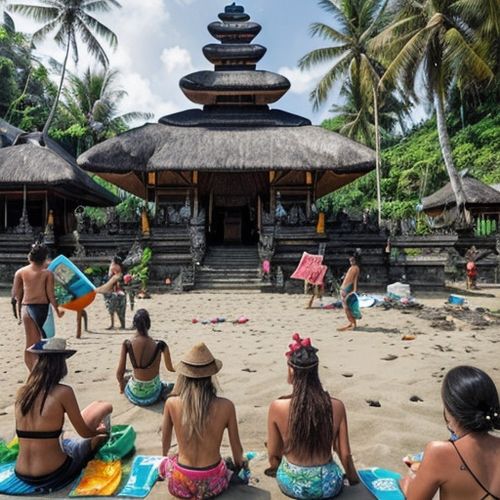
By William Miller/Apr 11, 2025

By George Bailey/Apr 11, 2025
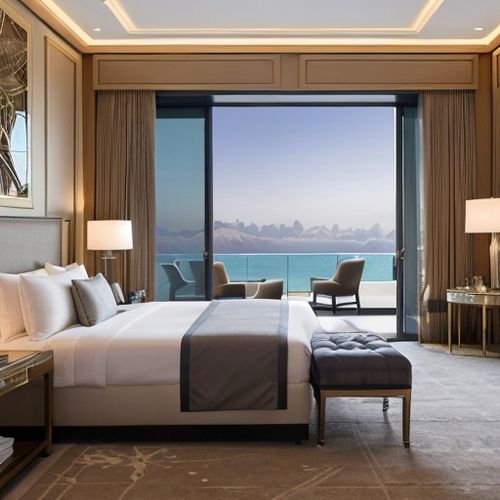
By Daniel Scott/Apr 11, 2025
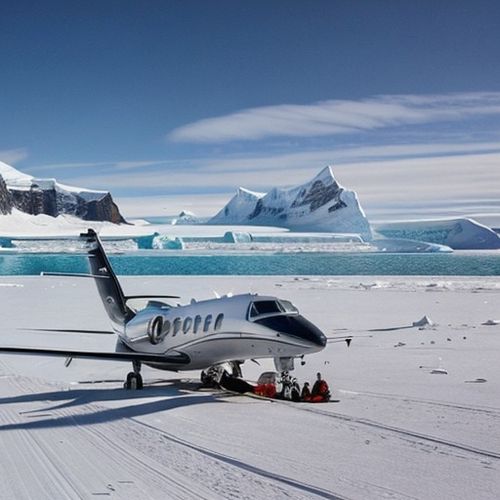
By Sophia Lewis/Apr 11, 2025
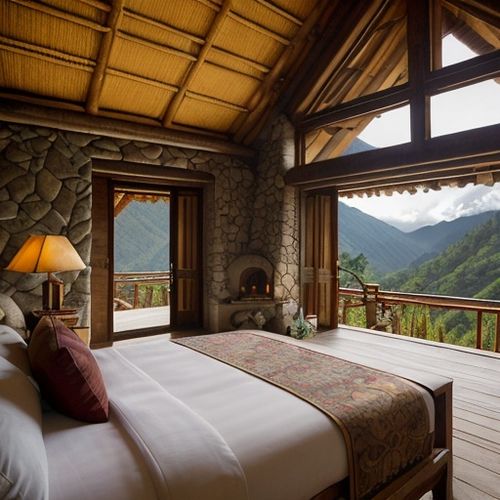
By Megan Clark/Apr 11, 2025
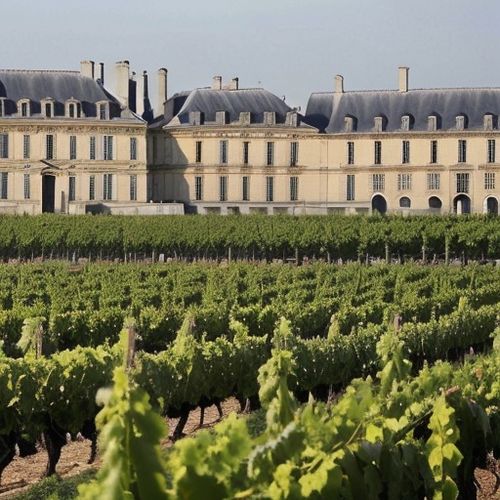
By David Anderson/Apr 11, 2025